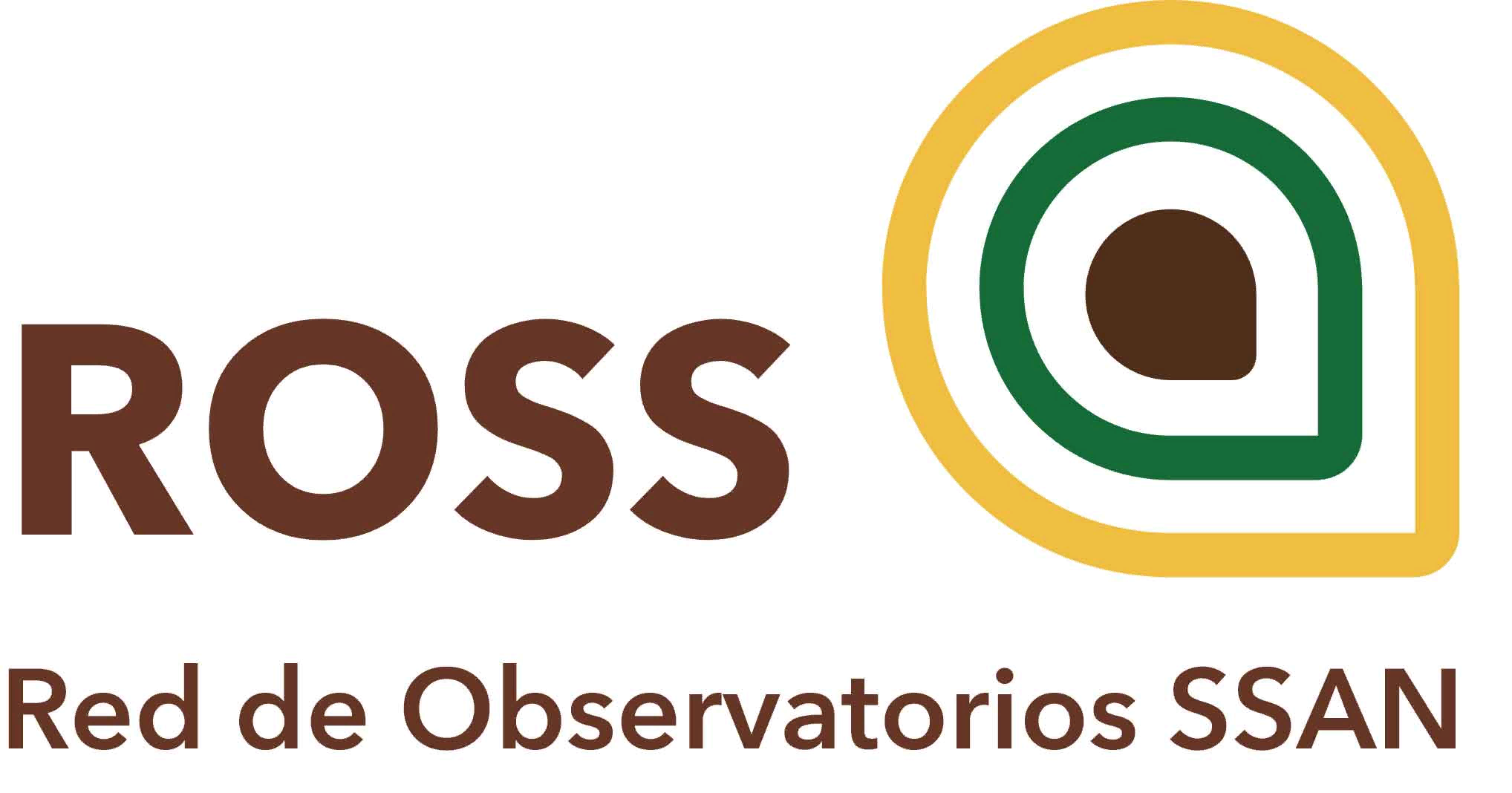The Food and Agriculture Organization of the United Nations -FAO-, reported this Friday that it collaborates through a digital observatory with the efforts of food sovereignty and security in Cuba.
A statement released in Havana indicates that mayors and other local actors have a digital observatory for the management of data, technologies and information on food production.
The objective is granting the corresponding authorities access from their cell phones and other devices to timely information on the state of the soils, land tenure, energy use, finances and investments, agricultural productions, nutritional status and population dynamics.
In addition, this information allows attention to the health situation, among other data that characterize their territories.
This result is possible thanks to the Network of Municipal Observatories for Food and Nutrition Sovereignty and Security (ROSS), which encourages greater use of science, technology and innovation in food production and is available in each of the 168 municipalities in the country.
Promoted by the Cuban government with technical assistance from FAO, ROSS is an extension of the National Observatory of Food and Nutritional Sovereignty with more Science, SAEN+C -https://observatoriosaen.upr.edu.cu/-, a technological platform developed by the University of Pinar del Río.
ROSS is an indispensable instrument and work tool for the management of data, information, knowledge, technologies and innovations in the context of the implementation of the Food Sovereignty and Food and Nutrition Security Law (SSAN Law), as well as for the preparation of SAN local action plans.
In this sense, it supports producers and government institutions in making strategic and innovative decisions appropriate to each locality, based on the integration of official public data.
The observatory is led by the Ministries of Higher Education, the Food Industry, Science, Technology and the Environment, and Agriculture; as well as the National Office of Statistics and Information.
With technical assistance from the FAO office in Cuba, work is being done not only on the design and development of this network, but also on training capacities for its use in the three regions of the country.


